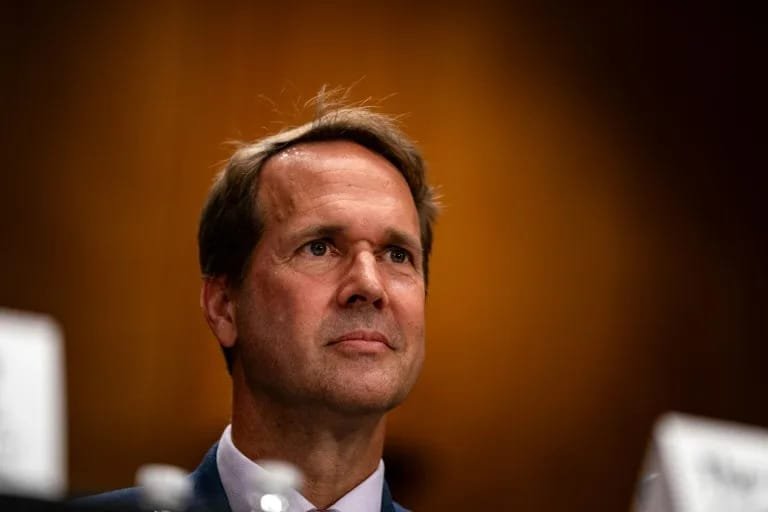Amid a dramatic reset in U.S. foreign policy under President Trump, Washington has quietly extended military overtures to the Sahel’s ruling military governments despite their flirtation with Russian support. In recent weeks, senior American figures, including U.S. State Department advisor Troy Fitrell and security and counterterrorism adviser Rudolph Atallah, visited the capitals of Mali, Burkina Faso, and Niger, offering expanded security cooperation. These overtures, blending counterterrorism assistance with commercial incentives linked to the region’s vast mineral wealth—gold, lithium, and uranium—signal a transactional pivot: “Trade, not aid… is now truly our policy for Africa,” Fitrell told a regional audience in Abidjan.
The outreach seeks to counter growing Russian influence, which has surged through the deployment of Africa Corps (formerly the Wagner Group), yet U.S. leverage remains constrained. In Niger, for example, security and military aid had been suspended following the 2023 coup, as well as the removal of U.S. personnel from a key drone base, undermining counterterrorism capabilities in the Sahel.
Atallah’s July visit to Bamako pushed the “American solution,” emphasizing U.S. capabilities to fight militants if the juntas agree to cooperate. State Department deputy assistant secretary William B. Stevens followed with affirmations of potential private U.S. investment backing anti-militancy campaigns. Observers interpreted this as a quid pro quo—security support in exchange for access to strategic minerals.
Yet Washington’s overtures come amid a fracturing regional cooperation framework. Juntas of Mali, Burkina Faso, and Niger have withdrawn from regional bodies like ECOWAS and G5 Sahel, demanding sovereignty and forging a separate Alliance of Sahel States. Western diplomats warn that these moves, in combination with Russian partnership, further isolate U.S. influence.
At the core of Washington’s strategy is restoring intelligence collaboration a key priority for U.S. Africa Command, which has seen its counterterror readiness degrade after being forced out of places like Niger. AFRICOM Commander Gen. Michael Langley has encouraged African nations to voice their support formally, as Washington considers merging AFRICOM with U.S. European Command to create a leaner structure amid evolving regional demands.





